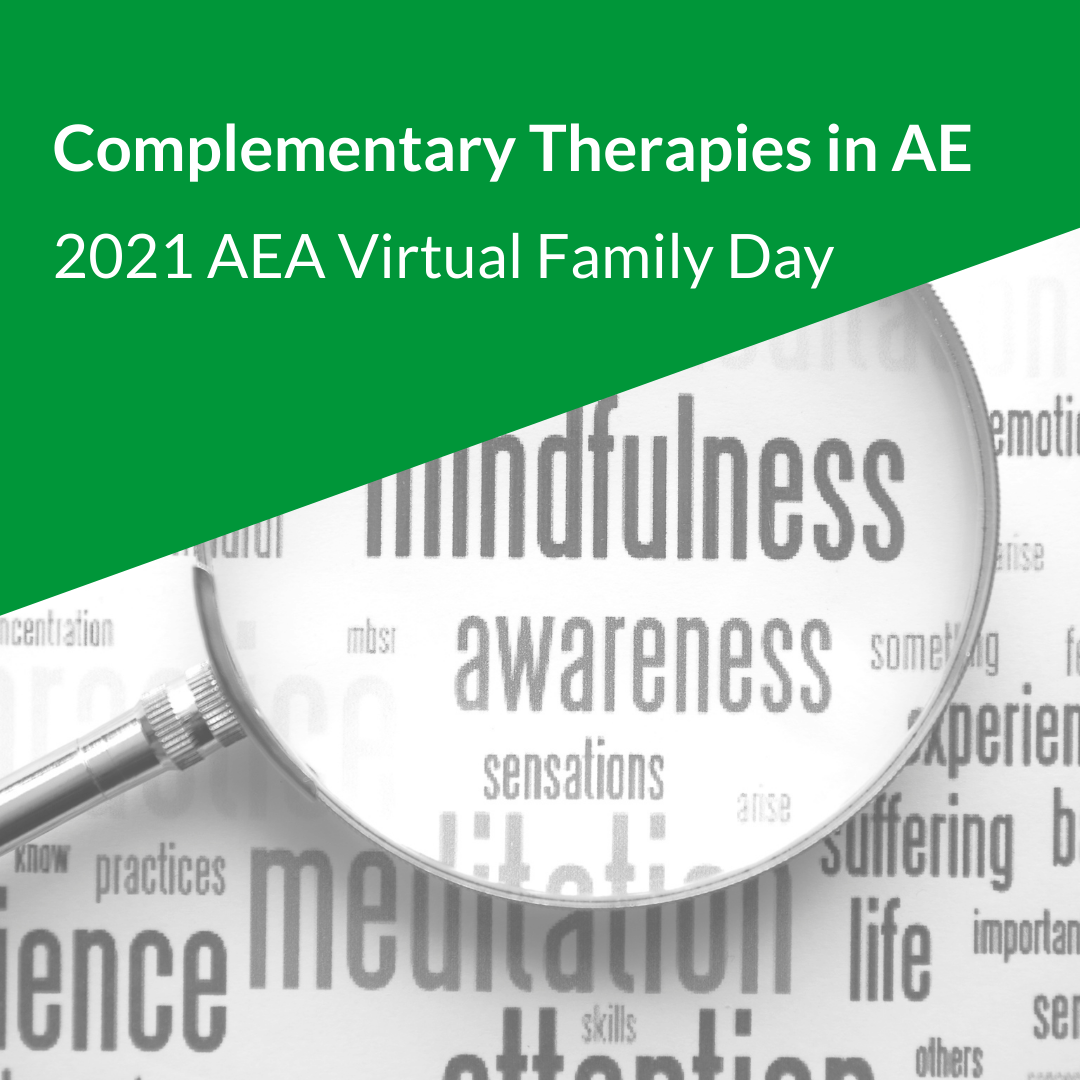The importance of complementary therapies in managing Autoimmune Encephalitis
August 27, 2021

There are over 100 known autoimmune diseases. Depending on the autoimmune condition, medications may be prescribed to manage symptoms and/or prevent disease progression by suppressing the immune system. The same is true for Autoimmune Encephalitis (AE), starting with first-line immunotherapy (IVIG/PE/steroids) and escalating to second-and third-line therapies, like Rituximab, Cyclophosphamide, and Tocilizumab if first-line therapies prove inadequate. Some adults and children with AE will recover quickly within months of being diagnosed and starting treatment; others may take years. Some people with AE will recover fully, others will have mild ongoing problems, and some will struggle with ongoing, life-changing issues.
A recent study by Dr. Anusha Yeshokumar assessed the long-term impact of anti-NMDA receptor encephalitis on psychosocial outcomes or emotional and social well-being. 91.8% of participants reported persistent symptoms, these included: fatigue (73.8%), memory problems (72.1%), attention and concentration problems (59.0%), emotional or impulse control issues (55.7%), sleep problems (47.5%), headaches (45.9%), and seizures (13.1%).
Aside from immunotherapy, AE patients often have complex medication schedules to address their (persisting) symptoms. Complementary therapies can help relieve symptoms like fatigue, stress, and anxiety without adding more medications.
Many complementary therapies concentrate on relaxation and reducing stress. They might help calm your emotions, relieve anxiety and stress, and increase your general sense of health and well-being. Some examples of complementary therapies include yoga, acupuncture, massage, nutrition, and mindfulness.
AE Alliance recognizes the importance of complementary therapies in the recovery from AE. That is why at the Virtual AEA Family Day, we will offer the following workshops: Mindfulness, Art therapy, and Journaling. These workshops will provide you with hands-on exercises & tools that you can continue to use in daily life to help you cope and manage emotions and stress.
How can mindfulness help those affected by AE?
Mindfulness is a form of mediation and is all about awareness and acceptance. Awareness is the knowledge and ability to focus attention on one’s inner processes and experiences, such as the experience of the present moment. Acceptance is the ability to observe and accept those thoughts. Research has shown that practicing mindfulness helps to improve working memory, increase focus, lower levels of anxiety and stress, cope with depression, and manage pain.
How can art therapy help those affected by AE?
Art therapy is a form of expressive therapy that uses the creative process of making art to improve a person’s physical, mental, and emotional well-being. Research has shown that art therapy has been used successfully to help children and adults communicate effectively, have better concentration, improve behaviors, and develop closer relationships. It has been shown to improve moods, promote relaxation, and decrease disruptive behaviors and attitudes.
How can journaling help those affected by AE?
Journaling is a way to learn more about yourself and reflect on how you felt during different periods or phases of your AE journey. Journaling is more than recording your memories and expressing yourself. Journaling relieves stress, increases working memory, boosts mood, and strengthens emotional functions. In short, it is good for your mental and physical health.
These workshops are all part of our Living with AE programming as AE Alliance endeavors to support the AE community throughout their AE journey and beyond. Under this same umbrella of programming, we are also offering “Refuel You”. This 10-week program incorporates movement, mindfulness, group support, and integrative health & wellness coaching designed for AE survivors. We are excited to announce that our first cohort of caregivers will start the “Refuel You” program in September, and a select pilot group of survivors will begin individual coaching sessions as well. Visit https://aealliance.org/patient-support/living-with-ae/ to learn more.
What: The Virtual AEA Family Day
When: Saturday, September 18, 11 – 5 PM EST
Click here for the schedule!
The workshops ‘Managing Cognitive Challenges’, Art Therapy and Mindfulness have reached capacity and are no longer available. However, you can still sign up for Journaling.
Register here in advance for this meeting:
After registering, you will receive a confirmation email containing information about joining the meeting.
The Virtual AEA Family Day is sponsored byEuroimmun